Cycling tour across Borneo
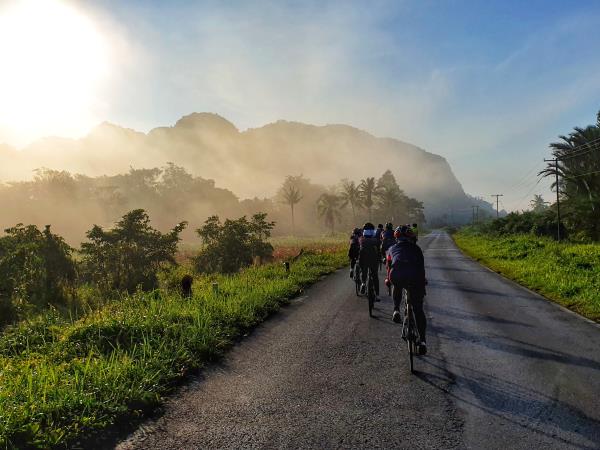
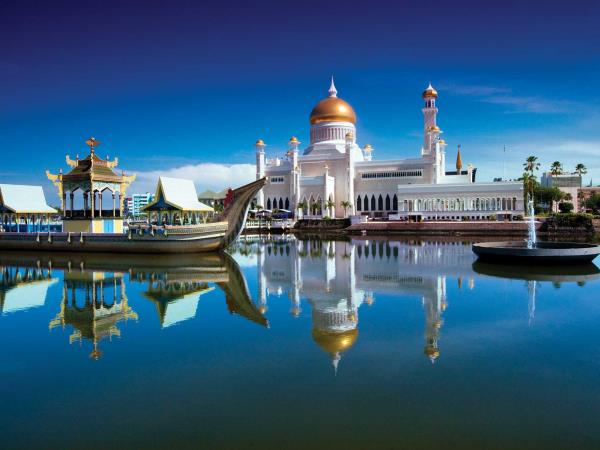
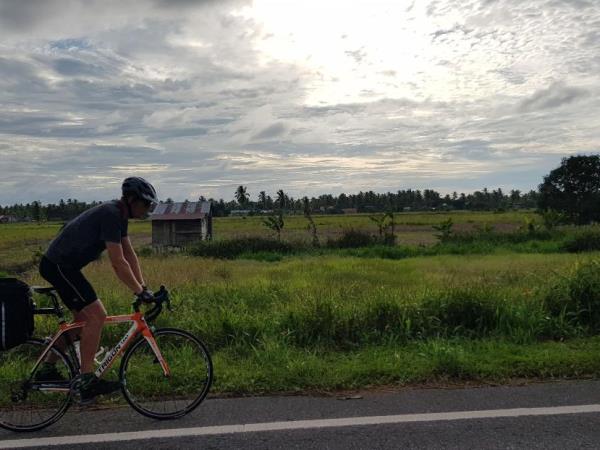
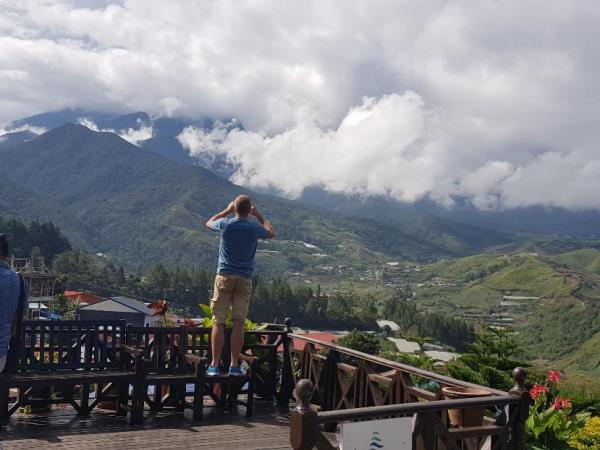
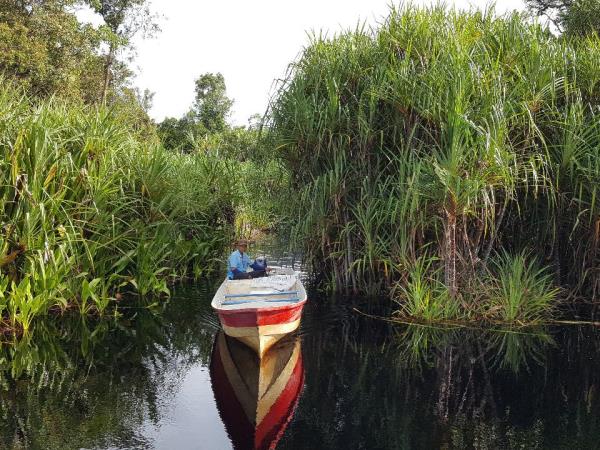
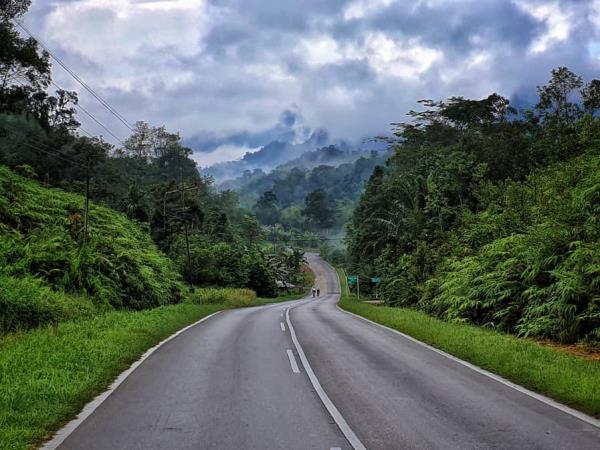
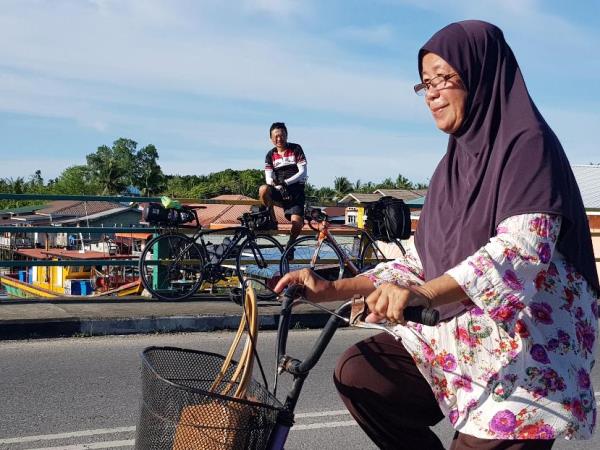
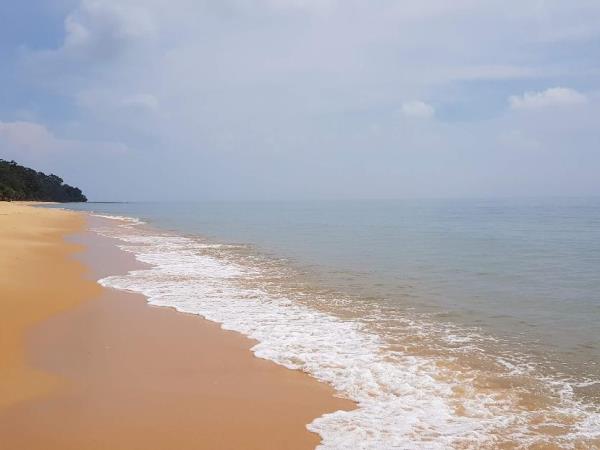
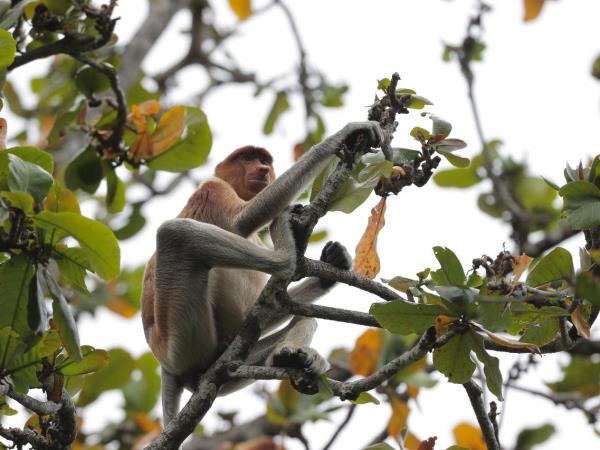
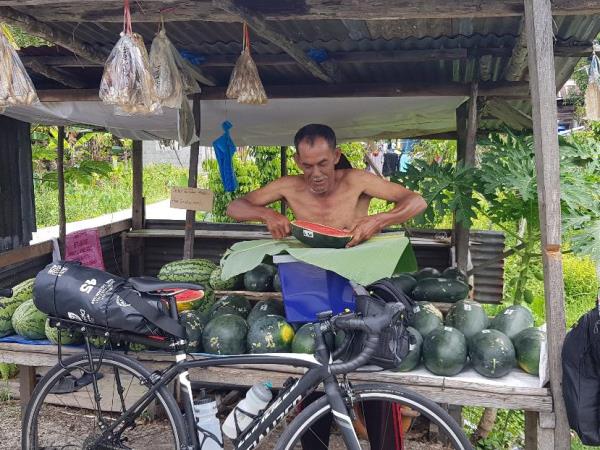
Description of Cycling tour across Borneo
Price information
Check dates, prices & availability
Travel guides
It’s hard not to keep pronouncing Kuching as ‘kerrching’, especially when you choose to go to Sarawak on your Borneo cycling holiday. These trips not ...
A snow-white Renaissance English fortress from the days of the White Rajahs and a 19th century South Indian mosque; perhaps not what you’d expect to f...
Responsible Travel
As the pioneers of responsible tourism, we've screened this (and every) holiday so that you can travel knowing we've worked to maximise the benefits of your holiday to local people and places, and minimise any negative impacts.
Planet
On this trip, you will visit Maludam National Park that is critical for protecting the only viable population of the Red Banded Langur remaining in the world today. Visit the national park by boat in search of the rare monkey and explores the 61 species of mammals recorded in Maludam. You will also visit Sarawak Similajau National Park where the entrance fees paid to the national park goes directly to paying for the protection of the boundary of the park to prevent encroachment. By following the parks rules, visitors are able to witness the incredible majesty of the wildlife in the park while contributing to their survival. Donations are also welcomed by the center and we would ask all our clients to donate a small amount for their visit.The cycling trip has almost zero carbon emission except those used by the support vehicle. There is no internal flights involve in this tour. All our guides and staff are local thus reducing international travel. We eat in local establishment that source from locally grown or produced food with lower food miles.
We provide travelers with suggestions for Code of Conduct for Environmental responsibility:-
- Our Pre-Tour “What to Expect” information provide accurate pre-trip information concerning the specific to a particular trip including the social, environment and political situation;
- We recommend the guest bringing their own re-fillable water bottle and avoid using one-off plastic bottled water;
- We also discourage the use of single-use plastic, suggesting customers to bring their own dry bag or small waterproof backpack, and avoiding using plastic cups and plates during the trip;
- During tours, we recycle wherever possible, and try to keep our waste as low as possible, and by taking responsibility to take all rubbish with us rather than leaving for the locals to deal with;
- We never allow traveler to take pieces of coral or other endangered plant life such as orchid or pitcher plants home as a souvenir.
People
We build up our partnership with as many local as possible, from the local boatman, homestay, street stalls and small cafes. As much as possible, we stick to the same local people who are then familiar with our expectation. All of our local guides and local partners are provided with a fair wage and secure job. We love to send them on feedback from clients to encourage their good work and work with them as a team to provide great service.For our boat trip to the remote destination, we use the transportation provided by local fisherman who uses their downtime to provide transfer for the visitors to the area. This provide additional revenue for the local community.
The income from the overnight stay at the local community goes straight to the family who hosts you, and then other people in the village who have helped out during your stay. You will have the opportunity to interact with the local, enjoy an evening meal and learn more about their life and customs. The cost involved also helps to fund medical supplies, schooling and bring wealth to the area in order to ensure that their way of life is sustainable. You will be escorted to the village by local guides and boatmen that are all from the surrounding villages. Your guide will brief you on how to act or feel to be welcomed and respected locally, such as educating you on a few local phrases and information on local etiquette and tipping.
You will visit many local markets during the trip, such as the Maludum and Sibu Market. These markets are frequented by locals and it is a wonderful place to pick up authentic souvenirs and money helps to fund locals living and working in the area. Many of the stops during the ride are at fruit stalls selling watermelon, pineapple and rambutan etc. These direct incomes helps the local community to sustain their local way of life.
We provide travelers with suggestions for Code of Conduct for Social responsibility and ways to minimise negative impacts on local cultures:-
-We recommend the traveler when buying souvenirs, head to the shops of traditional artisans or local cottage industry for locally made products. That will be helping to keep traditional crafts alive, while also supporting our small, independent business owners and artists. We always favour local products over imported items, but avoid buying things made from the tusks or horns of endangered animals (such as hornbill and coral), or from at-risk plants (such as orchid and pitcher plant). We educate travellers how and why purchasing locally produced goods and services - souvenirs, crafts, meals and guides from locally owned establishments has beneficial effect – communicate a sense of the significance of this to local communities;
- We also suggest ways to minimise negative impacts on local cultures such as giving the best possible advice about bargaining, as well as advice on giving gifts or money to beggars, children, and people they have just met;
- We recommend the traveler always ask first before photographing or videoing people. Asking before clicking also offers the chance to have a conversation and to connect;
- We advice travelers to dress respectfully with an awareness of our local standards that varies with each culture and religion, including dressing modestly at certain religious sites and check what swimwear is suitable for pools and the beach.
Popular similar holidays
Cycling holiday in Valencia region, Spain
From €815 - €880 7 days excluding flights
Experience Valencia's best on this self guided tour
Porto to Lisbon cycling holiday, self guided
From €845 - €1068 8 days excluding flights
Flat terrain tour along the coast
Trieste to Pula cycling tour, self guided
From €960 - €1130 8 days excluding flights
Self-guided cycling tours through Italy, Slovenia and Croatia



















